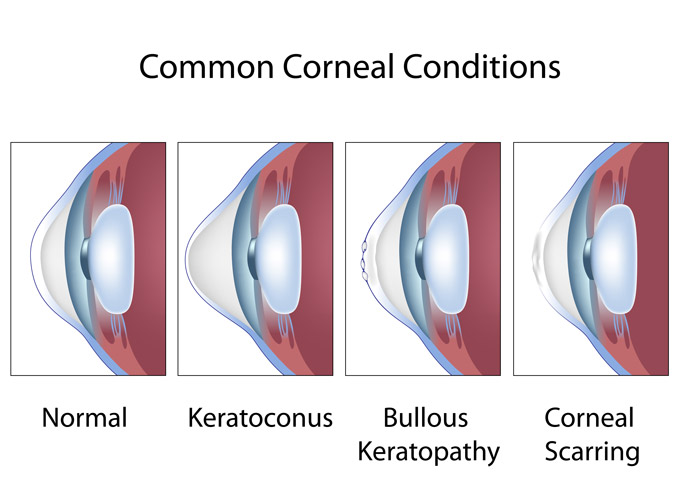While vitrectomy is generally considered a safe and effective procedure, like any surgery, it comes with potential risks and complications. It’s important to note that the severity and likelihood of these risks can vary depending on the individual’s health, the specific eye condition being treated, and the skill of the surgeon. Here are some potential risks associated with vitrectomy:
- Infection: As with any surgical procedure, there is a risk of infection. This risk is minimized through the use of sterile techniques during surgery.
- Bleeding: Intraocular bleeding may occur during or after vitrectomy. This risk is higher for individuals with certain medical conditions or those taking blood-thinning medications.
- Increased Eye Pressure: Elevated intraocular pressure (IOP) can occur after vitrectomy. This may be temporary and manageable with medications, but in some cases, it may require additional treatment.
- Cataract Formation: The development or acceleration of cataracts is a common side effect of vitrectomy. This occurs because the natural lens of the eye may be affected during the surgery.
- Retinal Detachment: While vitrectomy is often performed to repair retinal detachments, there is a small risk of developing a retinal detachment as a complication of the surgery.
- Changes in Refraction: Vitrectomy can cause changes in the shape of the eye, leading to changes in vision. This may require adjustments, such as changes in eyeglass prescription.
- Macular Edema: Swelling of the macula, known as macular edema, can occur after vitrectomy, affecting central vision. This is usually temporary but may require additional treatment.
- Visual Disturbances: Some patients may experience visual disturbances such as floaters, flashes of light, or other changes in vision following vitrectomy.
- Persistent Fluid Leakage: In some cases, there may be persistent fluid leakage after vitrectomy, requiring additional procedures or interventions.
- Incomplete Resolution of the Underlying Condition: While vitrectomy aims to address specific eye conditions, there is no guarantee of complete resolution, and additional treatments or surgeries may be needed.
It’s crucial for individuals considering vitrectomy to have a thorough discussion with their eye care professional about the potential risks and benefits of the procedure. The decision to undergo vitrectomy should be based on a careful consideration of the individual’s overall health, the severity of the eye condition, and the expected outcomes of the surgery. If you have specific concerns or questions about the risks associated with vitrectomy, it’s best to consult with your eye care professional for personalized guidance.
Are you in search of exceptional eye care in Mumbai? Look no further than Dr. Vaidya, your trusted Eye Doctor in Mumbai. With a commitment to delivering expert and compassionate care, Dr. Vaidya specializes in a wide range of eye conditions.




